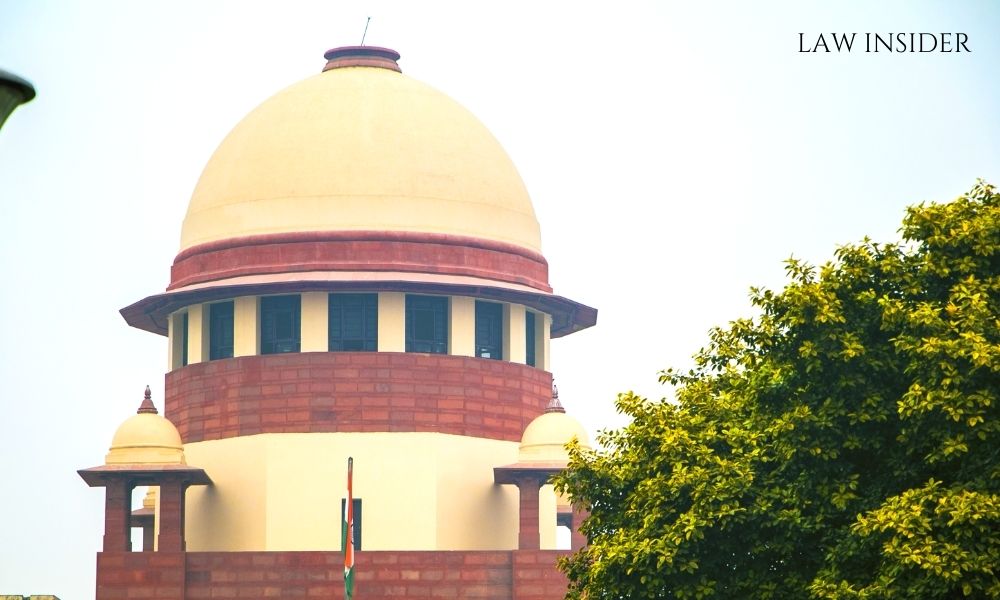LI Network
Published on: 28 August 2023 at 12:00 IST
In a case concerning the alleged “suppression of material information” regarding a pending criminal case by a candidate, the Supreme Court has underscored the importance of precise and specific information-seeking during the candidate verification process.
Citing the principle outlined in Avtar Singh v. Union of India (2016), the Court emphasized that information sought for attestation/verification forms must be explicit and not vague.
The disclosure obligation pertains only to information that must be specifically furnished, and the absence of such explicit inquiry cannot be deemed suppression or false submission.
The bench, consisting of Justices J.K. Maheshwari and K.V. Vishwanathan, addressed an appeal by the State of West Bengal against a Calcutta High Court judgment. The Calcutta High Court had directed the state to issue an appointment letter to the respondent as a Police Constable, subject to the outcome of a pending criminal case.
The case centered on the appointment of a constable in the West Bengal Police Force, with allegations that the candidate concealed details of a criminal case during the application process.
Notably, the form required candidates to provide information about arrest, detention, conviction, and sentencing for offenses.
The Court determined that the respondent (constable) was not obliged to reveal information about pending criminal cases since the query explicitly concerned arrest, detention, and conviction.
The Court held that the information sought in the verification roll was vague, and the respondent had accurately disclosed the relevant details. Considering the respondent’s subsequent acquittal for minor offenses, the Court reasoned that authorities must objectively assess the respondent’s fitness, rather than solely focusing on information disclosure.
The Court referenced the precedent set in B. Chinnam Naidu’s case, stating that the respondent could not be deemed guilty of suppression since the query did not specifically require details about pending cases.
Additionally, the Court reinforced the employer’s prerogative to evaluate antecedents even after truthful disclosure of a pending criminal case and eventual acquittal, following the principle from Avtar Singh’s case.
Consequently, the Court held that the discretion to issue an appointment order must remain with the employer, modifying the High Court’s order. With no material suppression or involvement in serious offenses, the Court directed the appellant to consider the respondent’s case and issue the appointment order within four weeks.
Authorities were advised to judiciously exercise discretion in assessing suitability and antecedents, taking note of the judgment’s discussion.
The Avtar Singh judgment, referred to in this case, established guidelines for employers dealing with suppression or false disclosure of criminal information by candidates:
1. Truthful Disclosure: Candidates must provide accurate information about convictions, acquittals, arrests, or pending criminal cases, as required by the employer.
2. Special Circumstances: Employers can consider special case circumstances while evaluating the provided information.
3. Adherence to Government Orders: Employers must adhere to relevant government orders.
4. Due Process for Confirmed Employees: If an employee is confirmed, a departmental inquiry is necessary before action is taken based on information suppression.
5. Knowledge Attribution: Before holding someone liable for “suppressio veri” (suppression of truth) or “suggestio falsi” (presentation of falsehood), their knowledge of the fact must be proven.
The judgment also delineated courses of action for various situations, including trivial convictions, non-trivial convictions, acquittals on technical grounds, pending trivial cases, and deliberate suppression of multiple cases.

